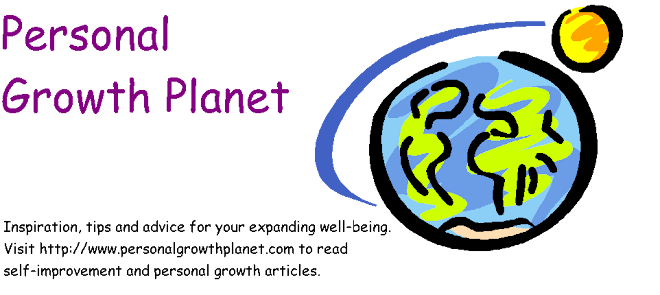
By Amy Phillips-Gary
Practice makes perfect-- no, that's such a loaded word.
Practice helps bring about change, but it can be difficult to actually initiate and then stick to it.
I remember loathing sitting down at the piano each day to practice as I was growing up. This was most definitely a source of conflict between my mom and I.
Today, I goad my own self to practice various things and I experience similar, though internal, struggle.
For example, I'm all charged up about breathing lately.
I'm reading a wonderful book called Conscious Breathing: Breathwork for Health, Stress Release, and Personal Mastery by Gay Hendricks and I am convinced that, as the author asserts, the physical, mental, emotional and even spiritual aspects of my life can improve by breathing deeply, slowly and diaphragmatically more of the time.
The challenge is, I have pretty much always been a mouth breather. According to Hendricks (and my own observations), mouth breathing not only allows more unfiltered air into my body, it also tends to be shallower and limited to the chest.
Practicing conscious breathing has become a new goal for me. Each and every day-- throughout the day-- I am trying to remember to pause and pay attention to my breathing. When I do this, I deliberately breathe through my nose and drop my breath down.
As much as I want to re-learn how to breathe, life often comes swooping in and I find myself falling back into old patterns. I realize that I am sucking in air via my mouth when I get busy, stressed or am even just zoning out.
You might not care much about the way that you breathe. But it's quite likely that there are habits that you would like to change.
Practicing is the best way that I know of to bring about the change you seek.
Right now, you probably are hearing that amorphous “parent” out there telling you that it's time to practice which is absolutely the LAST thing you want to do.
I'm with you. At first glance, practice sounds like no fun, hard work and downright boring.
You are always practicing something.
When you really think about this, however, each one of us is always practicing something.
In the dictionary, the word “practice” is defined as: “a habitual or customary performance” and also as: “repeated performance or systematic exercise for the purpose of acquiring skill or proficiency.”
As you brush your teeth, you are practicing dental hygiene. When tell your children and your partner that you love them, you are practicing expressing how you feel.
When you tell yourself that you can't follow through with a particular aspiration because you are too old, don't have the right training or education or simply can't make room for that in your life...you are practicing.
We all practice behaviors, ways of being and beliefs all of the time.
So when you want to make a change, yet you feel resistant to actually incorporating this new way into your life, remind yourself that you already are practicing-- you are just practicing the habit that is holding you where you possibly no longer want to remain.
It's a mind game, I know.
But if re-thinking the whole notion of practice helps you to motivate yourself, why not try it?
Practice is a program or a re-programming.
As I sit here at my computer dealing with not enough sleep, a kid with a sore throat who needs my attention and an intention to accomplish a certain amount of work, I am given the opportunity to practice.
I can unconsciously rely on my accustomed manner of breathing to merely stay alive or I can create some space in my awareness for conscious breathing and potentially increase my vitality.
It's truly a moment-by-moment decision-making process.
As you know, with just about anything you've ever learned in your life, the more experience you have doing a new skill or action, the more naturally it happens for you.
Think of practice as a program that you are running in your mind/body. When you are trying to change an already established habit, it's a re-programming.
In either case, as you repeat this new or different way of being, thinking or acting, it becomes imprinted in your body memory. New neural connections can form in your brain as you practice this preferred habit.
Today I encourage you to recognize that all of your thoughts and actions are practices that you can choose to change or to continue, depending on what you desire.
It's up to you and your willingness to practice.






